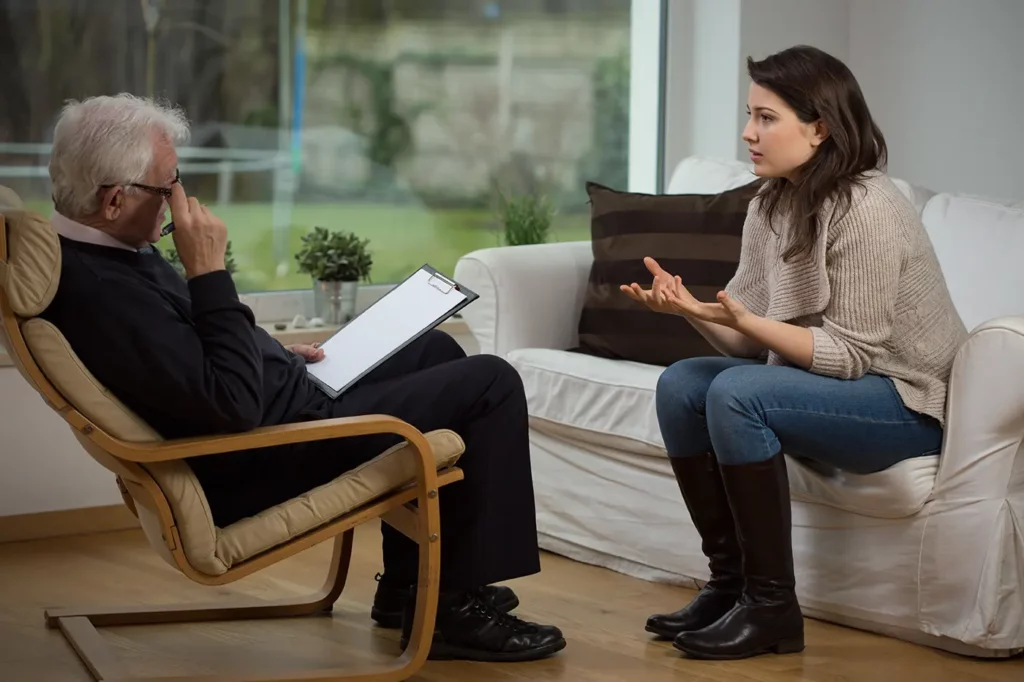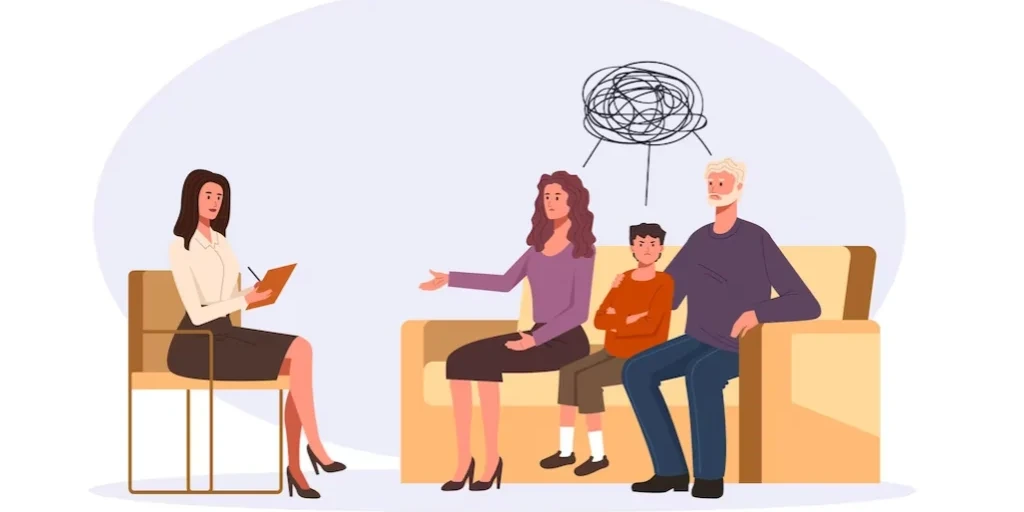24/7 Helpline:
(866) 899-221924/7 Helpline:
(866) 899-2219
Learn more about Medication-assisted Treatment centers in Murray County

Other Insurance Options

AllWell

Optum

Coventry Health Care

CareSource

Ceridian

GEHA

Multiplan

Magellan

Ambetter

State Farm

BlueShield

Lucent

Self-pay options

Optima

Providence

Cigna

American Behavioral

Meritain

CareFirst

Access to Recovery (ATR) Voucher

















